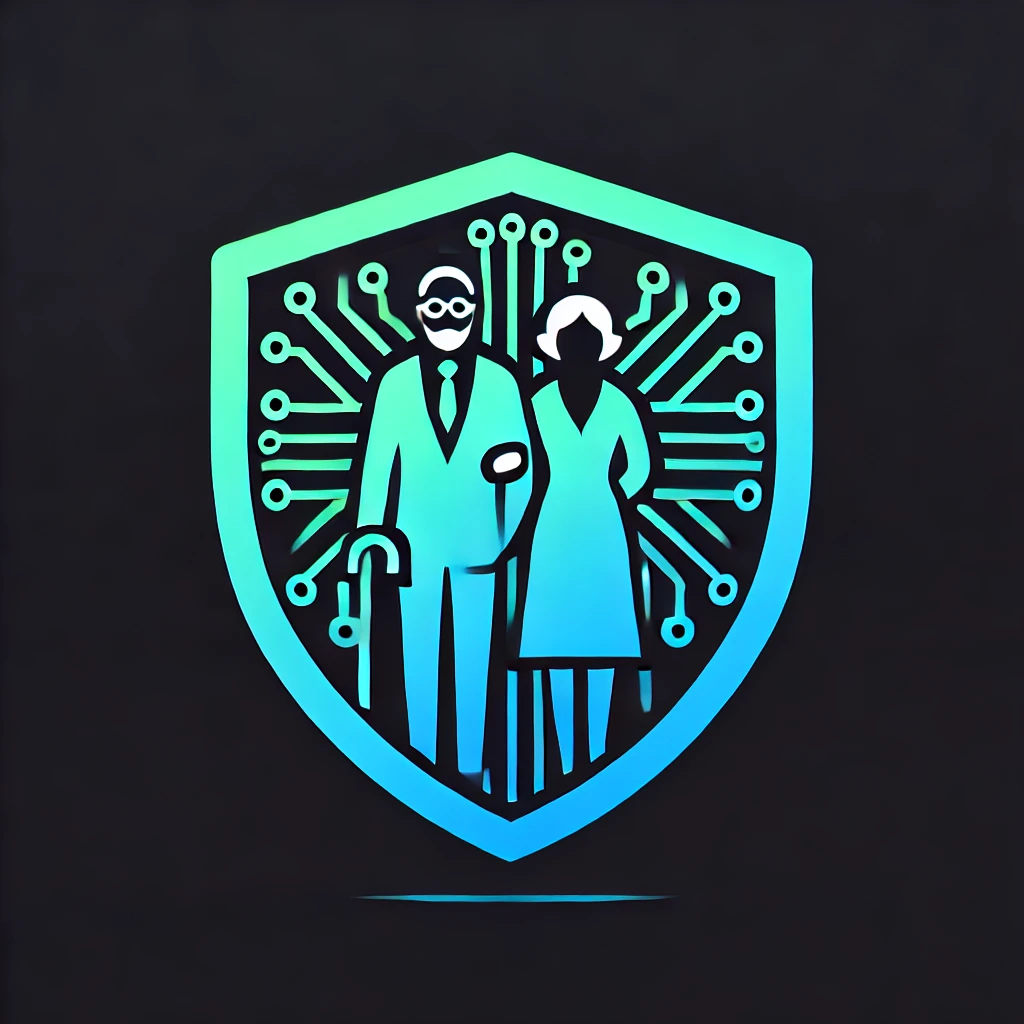As the digital world continues to evolve, so do the threats that come with it. Unfortunately, seniors are among the most vulnerable groups targeted by cybercriminals, scammers, and online predators. While the internet provides convenience and connectivity, it also poses significant risks that can result in financial loss, identity theft, emotional distress, and privacy invasion. Understanding these threats is the first step in protecting against them. Here are the latest and most concerning digital threats faced by seniors today.
1. Phishing Scams
Phishing remains one of the most widespread online threats. Scammers send fraudulent emails, text messages, or phone calls pretending to be from legitimate institutions such as banks, government agencies, or tech companies. These messages often urge seniors to click on malicious links, provide personal information, or download harmful attachments, leading to identity theft or financial fraud.
2. Tech Support Scams
In this scam, fraudsters pose as representatives from well-known tech companies like Microsoft or Apple. They claim that the senior’s computer is infected with a virus or has a security issue, convincing them to provide remote access or pay for fake software and services. Once inside, scammers can steal personal data or install malware.
3. Social Security and Medicare Scams
Cybercriminals impersonate Social Security Administration (SSA) or Medicare officials, tricking seniors into revealing their Social Security numbers, bank details, or other sensitive information. Some scams threaten to cut off benefits if immediate action isn’t taken, creating panic and increasing the likelihood of compliance.
4. Romance Scams
Online dating and social media have become prime platforms for scammers who build fake relationships with seniors to exploit them emotionally and financially. They often create fake identities, establish trust, and then fabricate emergencies requiring financial assistance.
5. Cryptocurrency and Investment Scams
With the rise of cryptocurrency, scammers have turned to fraudulent investment schemes targeting seniors. They promise high returns on investments, only to disappear with the money. Ponzi schemes, fake trading platforms, and deceptive investment advisors are common methods used to defraud seniors.
6. Identity Theft
Hackers steal personal information from seniors through data breaches, phishing attempts, or malware. Once obtained, they use this data to open fraudulent bank accounts, apply for loans, or commit tax fraud. Seniors often realize too late that their identities have been compromised.
7. Grandparent Scams
Fraudsters pretend to be a senior’s grandchild or a law enforcement officer, claiming the grandchild is in trouble and needs urgent financial assistance. They exploit the grandparent’s love and concern, demanding money through untraceable methods like gift cards or wire transfers.
8. Fake Online Shopping and Charity Scams
Scammers create fake websites selling non-existent products at too-good-to-be-true prices. Seniors who make purchases never receive their orders, and their credit card details are often stolen. Similarly, charity scams exploit seniors’ generosity by soliciting donations for fake causes, especially after disasters or during the holiday season.
9. Malicious Apps and Ransomware
Many seniors unknowingly download malicious apps that contain spyware or ransomware. Spyware monitors their activities and steals data, while ransomware locks their devices and demands payment to regain access. These attacks can lead to significant financial loss and data breaches.
10. Fake Surveys and Giveaway Scams
Scammers lure seniors with promises of free gifts, lottery winnings, or cash prizes in exchange for completing surveys. These surveys often require personal details, which are then used for identity theft or sold to other fraudsters.
11. AI-Generated Scams
With advancements in artificial intelligence, scammers now use AI-generated voices and deepfake videos to mimic family members or trusted individuals. Seniors may receive convincing calls from someone they believe to be their grandchild, lawyer, or bank representative, leading them to comply with fraudulent requests.
12. Health and Medical Fraud
With the growing adoption of telemedicine, scammers pose as healthcare providers, offering fake prescriptions, medical equipment, or miracle cures for common ailments. They trick seniors into making payments or providing health insurance details.
13. Fake Antivirus and Security Software
Seniors are often targeted by fake antivirus pop-ups warning that their computer is infected. Clicking on these warnings leads to the installation of malware or unnecessary purchases of non-existent security software.
14. Online Extortion and Sextortion
Cybercriminals sometimes gain access to seniors’ personal files or images through hacking and threaten to release them unless a ransom is paid. These scams can be emotionally and financially devastating.
15. Public Wi-Fi and Unsecured Networks
Seniors who use public Wi-Fi at cafes, libraries, or airports are at risk of cyberattacks. Hackers exploit unsecured networks to intercept personal data, including login credentials and financial information.
How Seniors Can Protect Themselves
To mitigate these risks, seniors should take proactive steps to enhance their online security:
- Verify Before Trusting – Never share personal information over the phone or email unless you are certain of the recipient’s identity.
- Use Strong Passwords – Create complex passwords and enable two-factor authentication for added security.
- Update Software Regularly – Keeping operating systems, apps, and antivirus software up to date prevents vulnerabilities.
- Be Skeptical of Unsolicited Contact – If a call, email, or message seems suspicious, do not engage. Verify claims with trusted sources.
- Educate and Stay Informed – Awareness is the best defense against online scams. Seniors should attend digital safety workshops and stay updated on the latest cyber threats.
By understanding these digital threats and taking preventive measures, seniors can confidently and safely navigate the online world. Organizations like Senior Web Warden are committed to educating and empowering older adults to recognize and combat these digital dangers effectively. To learn more, participate in our educational sessions and webinars designed to help seniors stay safe online.


Leave a Reply